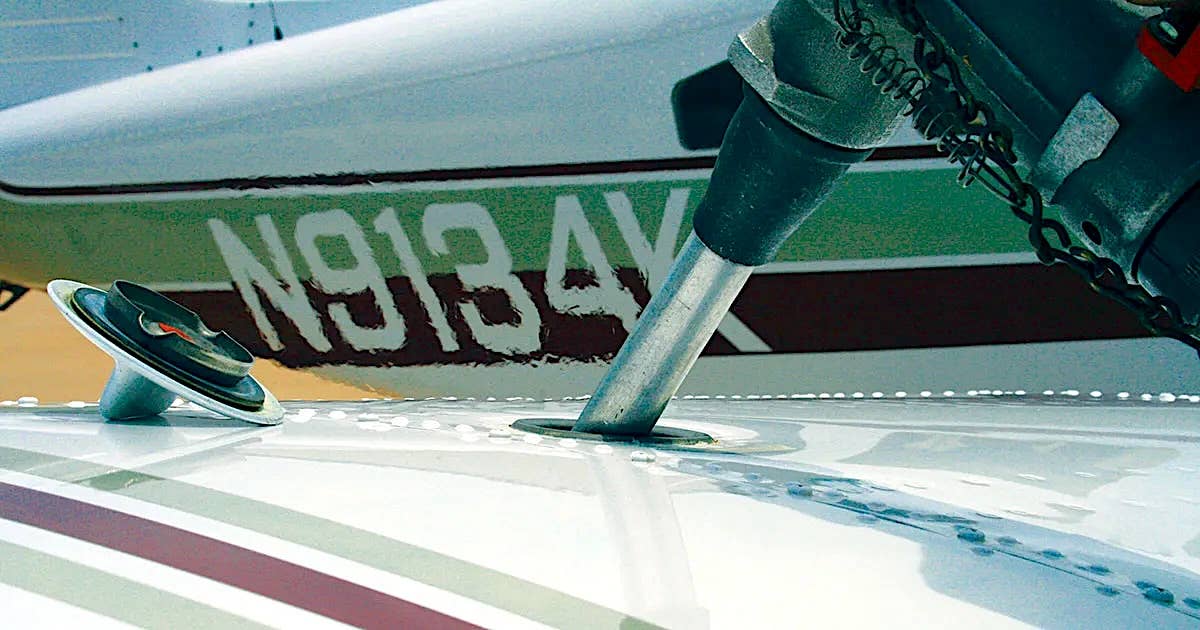EAGLE Warns Pilots To Be Aware Of Varying Fuel Types

Written by Mark Phelps, originally posted on avweb.com on November 27, 2024
Photo courtesy of FAA
The Eliminate Aviation Gasoline Lead Emissions (EAGLE) initiative posted a warning today (posted below in italics) for pilots regarding concern over misfuelling as new unleaded fuels of varying types and octane levels are starting to make their way to market. It cautions pilots to ensure their aircraft—particularly those requiring high-octane fuels—are not misfueled with “the wrong type, grade, or mix of fuel.”
The notice includes links to resources for more information on details regarding the dangers of misfueling with inappropriate fuels.
“The growing availability of unleaded aviation fuel represents a crucial step toward eliminating lead emissions from aircraft. However, it also introduces new misfueling risks that occur when the wrong type, grade, or mix of fuel is delivered to an aircraft. With multiple fuel options now available, pilots, aircraft owners and line service personnel must be more vigilant than ever to ensure fueling safety.
“Misfueling can lead to catastrophic engine failure, which is why clear communication between pilots and line service personnel is essential.
“Pilots should confirm the limitations of the engine and airframe. And, when placing full-service fuel orders, confirm every detail of the order—including type, grade, and volume—with line service personnel, or be aware of these factors when conducting self-service fueling. Aircraft must also have proper logbook documentation and placards installed.
“It is important to note that while the new unleaded fuels are designed to mix with 100LL, it remains uncertain whether they can be safely mixed with each other. Until more information is available, unleaded fuels must not be combined. Again, each engine and/or aircraft may have specific limitations that aircraft owners need to be aware of when fueling their aircraft.
“Resources such as the Energy Institute’s Misfuelling Resources, AOPA’s Safety Brief, the National Air Transportation Association’s (NATA) Misfueling Prevention Program, and the EAGLE’s Guidance on Transitioning a Flight School to Unleaded Avgas offer valuable guidance during this transition. As unleaded fuels become more widely available, diligence and adherence to proper protocols will be essential to maintaining safety and protecting your aircraft.
Canadian operators should be aware if they are travelling in the US that the unleaded fuel has not been approved for use in Canadian registered aircraft.This new fuel grade isn’t approved for all aircraft and pilots need an FAA STC to use it. As of the date of publishing this article, Transport Canada has not issued any guidance or approvals for use in Canadian aircraft.
